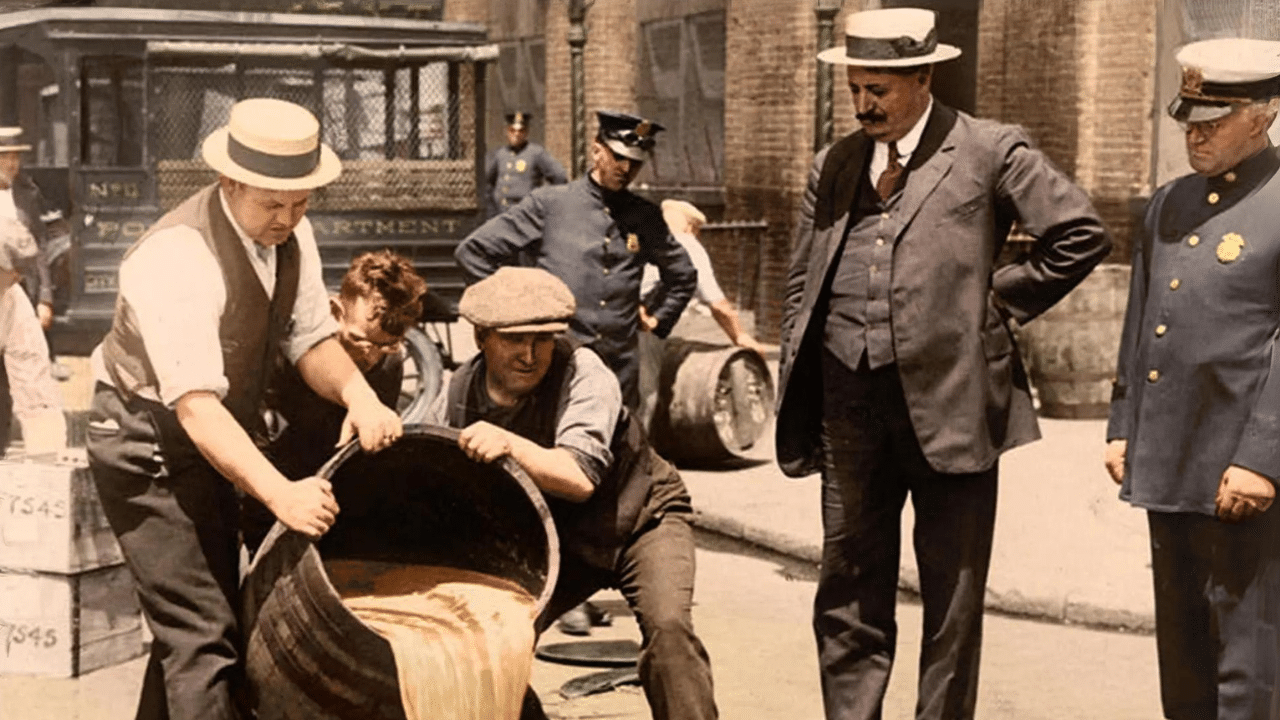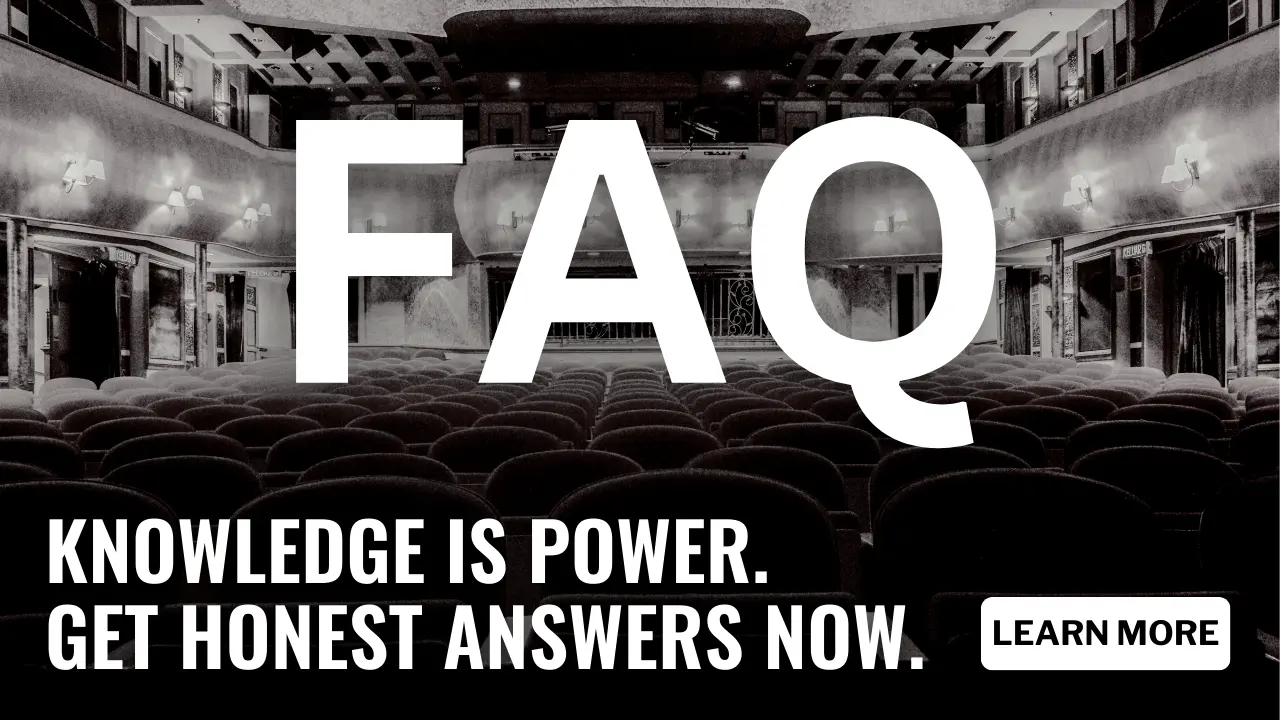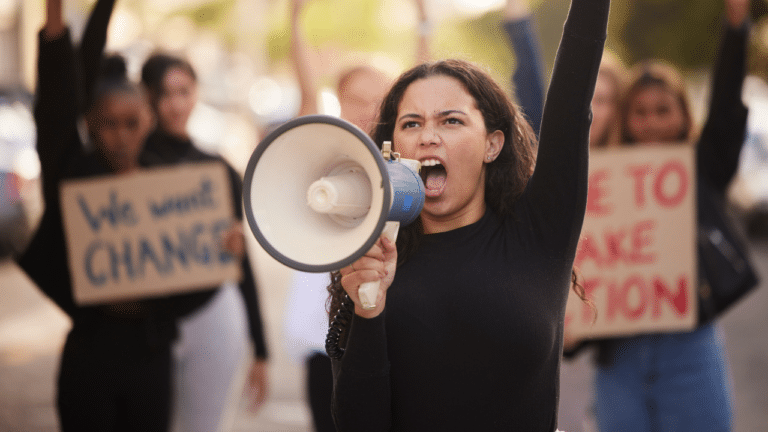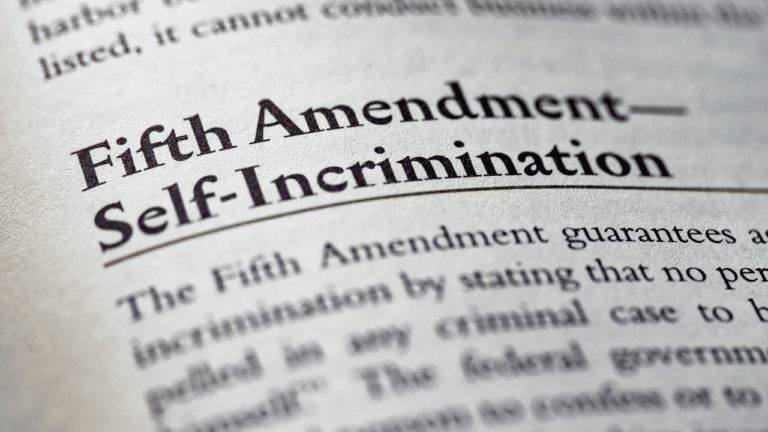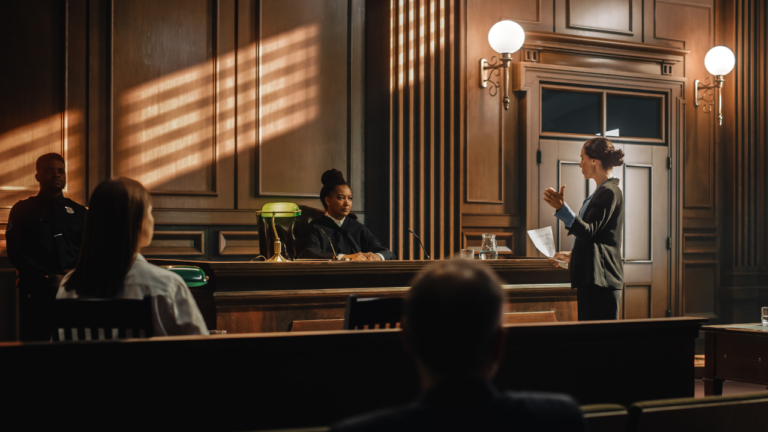The Eighteenth Amendment to the United States Constitution prohibited the production, transportation, and sale of intoxicating liquors in the United States and its territories. Ratified on January 16, 1919, it was the culmination of decades of labor by temperance groups across the nation. The Amendment initially led to a reduction in alcohol consumption but soon caused a massive rise in organized crime as illegal syndicates attempted to corner the market on alcohol smuggling, bootlegging, and speakeasy operations. Public sentiment soured on prohibition during the Great Depression leading to public calls for repealing the Eighteenth Amendment to the Constitution of the United States. The Twenty-first Constitutional Amendment would abolish prohibition in 1933, making the Eighteenth Amendment the only constitutional amendment in American history to be repealed.
What is the Eighteenth Amendment in simple terms?
The Eighteenth Amendment to the Constitution of the United States created the prohibition of alcoholic beverages in the United States. It was illegal to produce, distribute, or sell alcohol while the amendment was in effect between 1920 and 1933. The Eighteenth Amendment was overturned by the Twenty-first Amendment, which legalized alcohol once again.
WHAT IS THE TEXT OF THE EIGHTEENTH AMENDMENT TO THE UNITED STATES CONSTITUTION?
U.S. Const. Amend. XVIII. PROHIBITION OF LIQUOR.
After one year from the ratification of this article the manufacture, sale, or transportation of intoxicating liquors within, the importation thereof into, or the exportation thereof from the United States and all territory subject to the jurisdiction thereof for beverage purposes is hereby prohibited.
The Congress and the several States shall have concurrent power to enforce this article by appropriate legislation.
This article shall be inoperative unless it shall have been ratified as an amendment to the Constitution by the legislatures of the several States, as provided in the Constitution, within seven years from the date of the submission hereof to the States by the Congress.
WHAT IS THE HISTORICAL BACKGROUND OF THE EIGHTEENTH AMENDMENT IN THE UNITED STATES CONSTITUTION?
The Eighteenth Amendment emerged from deep-seated and long-growing temperance movements with roots in the decades following the Founding. Early colonials enjoyed wide usage of alcohol, believing it capable of curing ailments and strengthening the weak. Settlers from Great Britain brewed beer and cider as they considered such beverages safer to drink than water. Colonial Americans regularly drank alcohol throughout the usual day and partook in its social lubricant at christenings, weddings, funerals, trial, and election day gatherings. Craftsmen drank at work, as did hired hands in the fields, and even Harvard had its own brewery. The Founding Father themselves enjoyed alcohol, including John Adams, Thomas Jefferson, Samuel Adams, John Hancock, and Patrick Henry.
By 1770 there were more than 140 rum distilleries in the colonies, making about 4.8 million gallons annually. Whiskey began to gain ground around the time of the American Revolution as emblematic of a new American identity; by the late 1700’s Bourbon County, Kentucky and its whiskey began to rise in prominence. In 1790, the annual per-capita alcohol consumption for those over 15 was thirty-four gallons of beer and cider, five gallons of distilled spirits, and one gallon of wine. Ed Crews, Rattle-Skull, Stonewall, Bogus, Blackstrap, Bombo, Mimbo, Whistle Belly, Syllabub, Sling, Toddy, and Flip: Drinking in Colonial America, Colonial Williamsburg (Spring 2007).
However, the late eighteenth and early nineteenth century saw an epidemic of alcoholism and related problems such as spousal abuse (domestic violence), family neglect, and chronic unemployment. An early manifestation of the Temperance Movement thus emerged with the 1784 publication of founding father Benjamin Rush’s An Inquiry into the Effects of Ardent Spirits Upon the Human Body and Mind which cast much physical and psychological ills upon the consumption of alcohol.
Numerous temperance groups began to emerge such as the Anti-Saloon League (ASL) and the Women’s Christian Temperance Union which initiated campaigns to ban alcohol. These movements argued that Prohibition would eliminate poverty, reduce immoral sexual behavior and violence as well as create happier families, and improve the nation overall. These groups, and advocates such as Carrie Nation, gained enough prominence that by 1916, 23 of the 48 states had already passed laws restricting saloons, with some even banning alcohol. The congressional elections of 1916 saw those favoring a national ban on alcohol win a 2/3 majority in United States Congress, thus cementing the ascent of Prohibition. 18th and 21st Amendments–Facts & Summary–History.com (July 28, 2023).
When was the 18th Amendment legally ratified?
On August 1, 1917, The United States Senate passed a resolution to present the 18th Amendment language to the States, followed by the United States House of Representatives which passed their own revised resolution on December 17 of the same year. The House’s resolution included a deadline for ratification, a first for any proposed amendment in American history. The Eighteenth Amendment text was thus proposed by joint resolution to the legislatures of the several States by the Sixty-fifth Congress (United States Senate and United States House of Representatives) on December 18, 1917.
On January 29, 1919, in a proclamation of the Acting Secretary of State Frank L. Polk, it was declared to have been ratified by the legislatures of thirty-six of the fourty-eight States: Mississippi on January 7, 1918; Virginia on January 11, 1918; Kentucky on January 14, 1918; North Dakota on January 25, 1918; South Carolina on January 29 1918; Maryland on February 13, 1918; Montana on February 19, 1918; Texas on March 4, 1918; Delaware on March 18, 1918; South Dakota on March 20, 1918; Massachusetts on April 2, 1918; Arizona on May 24, 1918; Georeiga on June 26, 1918; Louisiana on August 3, 1918; Florida on November 27, 1918; Michigan on January 2, 1919; Ohio on January 7, 1919; Oklahoma on January 7, 1919; Idaho on January 8, 1919; Maine on January 8, 1919; West Virginia on January 9, 1919; California on January 13, 1919; Tennessee on January 13, 1919; Washington on January 13, 1919; Arkansas on January 14, 1919; Illinois on January 14, 1919; Indiana on January 14, 1919; Kansas on January 14, 1919; Alabama on January 15, 1919; Colorado on January 15, 1919; Iowa on January 15, 1919; New Hampshire on January 15, 1919; Oregon on January 15, 1919; North Carolina on January 16, 1919; Utah on January 16, 1919; and Nebraska on January 16, 1919.
Ratification of the Eighteenth Amendment was complete with the ratification by the state legislature of Nebraska, but the amendment was subsequently ratified by Missouri, Wyoming, Minnesota, Wisconsin, New Mexico, Nevada, New York, and Vermont in January of 1919, by Pennsylvania in February of 1919, and by New Jersey in 1922. Connecticut and Rhode Island both rejected the amendment.
On October 28, 1919, the United States Congress passed the National Prohibition Act to fully define the strictures of the 18th Amendment. It was informally known as the Volstead Act in reference to Andrew Volstead, the chairman of the House committee that sponsored the legislation. After an initial veto by President of the United States Woodrow Wilson, the US House and Senate both voted to override the veto, setting the stage for prohibition to commence on January 17, 1920 as provided by the Volstead Act.
WHAT IS THE PROHIBITION ERA?
The Prohibition Era is a period of American history that lasted between 1920 and 1933. The period was characterized and primarily shaped by the nationwide ban on the production, importation, transportation, and sale of alcoholic beverages pursuant to Eighteenth Amendment to the United States Constitution. Prohibition emerged as a major social and political effort by the Temperance Movement, which sought to eliminate perceived societal ills associated with alcohol consumption, including crime, poverty, and public health.
The implementation of Prohibition faced numerous challenges and unintended consequences as the demand for alcohol persisted, leading to the rise of organized crime syndicates that smuggled and distributed illegal alcohol, commonly known as “bootlegging.” Prohibition was further undermined by the spread of Speakeasies, which were clandestine bars where alcohol was illegally served.
Enforcing Prohibition strained law enforcement resources, contributing to corruption in various levels of government. Law enforcement officers, tasked with enforcing Prohibition, often found themselves overwhelmed by the scale of illegal alcohol production and distribution networks.
By the early 1930’s, public opinion began to sour on Prohibition as its failures became increasingly apparent. Anti-Prohibition advocates argued it fueled organized crime, undermined public safety, and had failed to achieve its intended goals. The Twenty-first Amendment would be ratified in 1933, repealing the Eighteenth Amendment and terminating Prohibition. This was the first and only time in American history that a constitutional amendment has been repealed.
What were Speakeasies?
Speakeasies were illicit establishments that operated clandestinely during the Prohibition era of United States history. Speakeasies served alcoholic beverages in violation of the laws prohibiting the sale, manufacture, and distribution of intoxicating liquors. The very term “speakeasy” is believed to have originated from the practice of speaking quietly (or “easy”) about such establishments so as to avoid drawing the attention of law enforcement.
Speakeasies played a significant role in American culture as they operated as social hubs of a sort. Indeed, speakeasies were popular social gathering places where people could socialize, spread news and information, drink, and enjoy entertainment despite the legal restriction on alcohol. The speakeasy culture gave rise to new forms of entertainment as it fostered jazz music and dance styles like the Charleston. Jazz musicians and performers played in speakeasies contributing to their cultural innovation and the vibrant scene of the era. Speakeasies were also often associated with a sense of glamor and rebellion. The fashion and style of the Roaring Twenties, characterized by flapper dress, fedoras,and other trendy attire, remain closely linked to the atmosphere of speakeasies.
Despite the legal risks involved, the demand for alcohol during Prohibition created a lucrative black market. Speakeasies and bootleggers thrived financially, contributing to the growth of organized crime and the underground economy, and presenting significant law enforcement challenges.
Prohibition laws were difficult to enforce effectively due to the widespread popularity of speakeasies and continuing high demand for alcohol. The profitability of the illegal alcohol trade led to widespread corruption among law enforcement officials, politicians, and other authorities. Many were bribed to turn a blind eye to speakeasies or to even actively participate in their operation. Despite efforts to crack down on speakeasies, they often operated with relative impunity, relying on secret entrances, passwords, and other tactics to evade detection. Law enforcement raids were common but often unsuccessful in shutting speakeasies down.
Who was Al Capone?
Al Capone was one of the most infamous American Gangsters of the Prohibition era. He Gained notoriety as the leader of a powerful criminal syndicate in Chicago during the 1920’s and early 1930’s. Capone’s criminal empire focused primarily on bootlegging (illegally supplying alcohol during prohibition), gambling, and other various illegal activities.
Capone rose to prominence through his involvement in organized crime during Prohibition and quickly became known for his ruthless tactics and flamboyant lifestyle. He amassed significant wealth and power, controlling speakeasies, brothels, and gambling dens across Chicago. Despite his criminal activities, Capone initially evaded law enforcement and cultivated a public image as a philanthropist and community benefactor. His notoriety eventually caught the attention of law enforcement, becoming a target in their efforts to combat organized crime.
Capone was ultimately convicted of federal income tax crimes in 1931 and sentenced to 11 years in federal prison, marking his end as Chicago’s most powerful crime boss. Capone served his sentence at the federal penitentiary in Atlanta before being transferred to the newly commissioned Alcatraz Island where he remained until paroled in 1939 due to his deteriorating health. Capone died in 1947 due to complications from syphilis. His name remains synonymous with organized crime, the American Mafia, and the Prohibition Era in American history.
EIGHTEENTH AMENDMENT TO THE UNITED STATES CONSTITUTION
The Eighteenth Amendment to the United States Constitution (known as the Prohibition Amendment) was ratified on January 16, 1919, and enacted in January 1920. The constitutional amendment prohibited the manufacturing, sale, and transportation of alcoholic beverages. A product of a concerted, nationwide temperance movement, the 18th Amendment aimed to reduce the consumption and perceived “social ills” of alcohol in the United States. However, the amendment led to a significant rise of organized crime as demand for alcohol persisted during the historical era known as Prohibition. The Twenty-first Amendment repealed the Eighteenth Amendment – and Prohibition in the United States – in 1933.
EIGHTEENTH AMENDMENT COURT CASES
The Supreme Court of the United States interpreted and applied the Eighteenth Amendment in only limited cases during the period it was in effect.
- In Dillon v. Gloss, the Supreme Court of the United States reviewed a challenge to the 18th Amendment premised on the timeline it set for ratification. The petitioner claimed the Constitutional Amendment invalid alleging Congress had acted outside its authority by declaring the Amendment inoperative unless ratified by the states within 7 years. The Supreme Court disagreed, ruling that Congress may lawfully fix a reasonable time for ratification of a constitutional amendment.
- In Hawke v. Smith, the Supreme Court of the United States struck down an Ohio law permitting referendums on constitutional amendments. The Ohio Constitution allowed voters to challenge the state legislature’s ratification of constitutional amendments by referendum, which the Ohio voters did in an attempt to overturn the 18th Amendment. The Supreme Court ruled the Ohio voters could not overturn the state legislature’s ratification of the Amendment and any provisions to the contrary were inconsistent with the Constitution of the United States.


